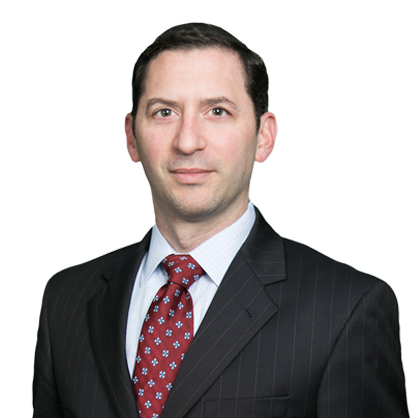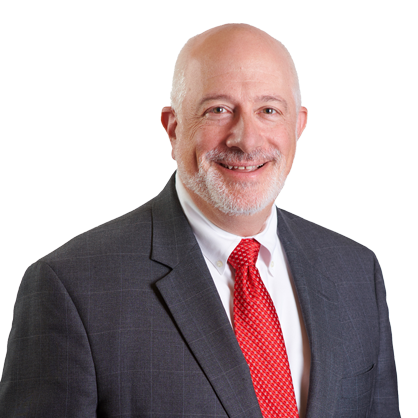Insights
Thought Leadership
You Have the COVID-19 PPP Loan - Know the Rules to Maximize Forgiveness
Congratulations … your business has successfully navigated the complicated process of securing a loan under the Paycheck Protection Program (PPP) of the Coronavirus Aid, Relief, and Economic Security Act, or the CARES Act. Now, it is important to focus on the use of the loan proceeds and the documentation you will need to maximize the amount forgiven–not an easy task in view of the multiple agencies involved in making the rules for the PPP and the fact that the guidance in the interim final rules issued by the Office of the Comptroller of the Currency, the Federal Reserve Board, and the Federal Deposit Insurance Corporation and guidance issued by the Small Business Administration appear to impose restrictions on the administration of the PPP that otherwise do not appear in the express language of the Act.
The proceeds of PPP loans may be used for a number of purposes, including for payroll costs, mortgage interest, rent and utility costs. Yet, not all allowable uses are eligible for loan forgiveness. Contrary to the position certain nationally recognized business associations have taken, the categories of allowable uses for a PPP loan listed in Section 7(a)(36)(F)(i) of the Small Business Act are clearly broader than the uses that are forgivable under Section 1106(b) of the Act. Borrowers need to pay close attention to those differences.
In addition, many fact-specific circumstances require careful analysis to determine whether payments made during the covered period will be forgivable expenses under the Act and subsequent guidance, such as rent true-ups, payments to independent contractors, benefit administration fees, or profit-sharing contributions.
Further, borrowers need to keep in mind that each lender will have its own internal standards for requiring and verifying documentation from PPP borrowers regarding allowable uses of proceeds that may affect the calculation of loan forgiveness. From the outset, borrowers should maintain meticulous records to support their future application for loan forgiveness under the PPP.
Day Pitney has performed an in-depth analysis of the factors lenders will consider in determining the expenses that qualify for loan forgiveness. Based on its research, Day Pitney has developed a PPP loan forgiveness calculator that clients can use to model different scenarios in search of the most optimal level of loan forgiveness, weighing many different factors. For more information, contact any of the attorneys on the sidebar.
For more Day Pitney alerts and articles related to the impact of COVID-19, as well as information from other reliable sources, please visit our COVID-19 Resource Center.
COVID-19 DISCLAIMER: As you are aware, as a result of the COVID-19 pandemic, things are changing quickly and the effect, enforceability and interpretation of laws may be affected by future events. The material set forth in this document is not an unequivocal statement of law, but instead represents our best interpretation of where things stand as of the date of first publication. We have not attempted to address the potential impacts of all local, state and federal orders that may have been issued in response to the COVID-19 pandemic.



